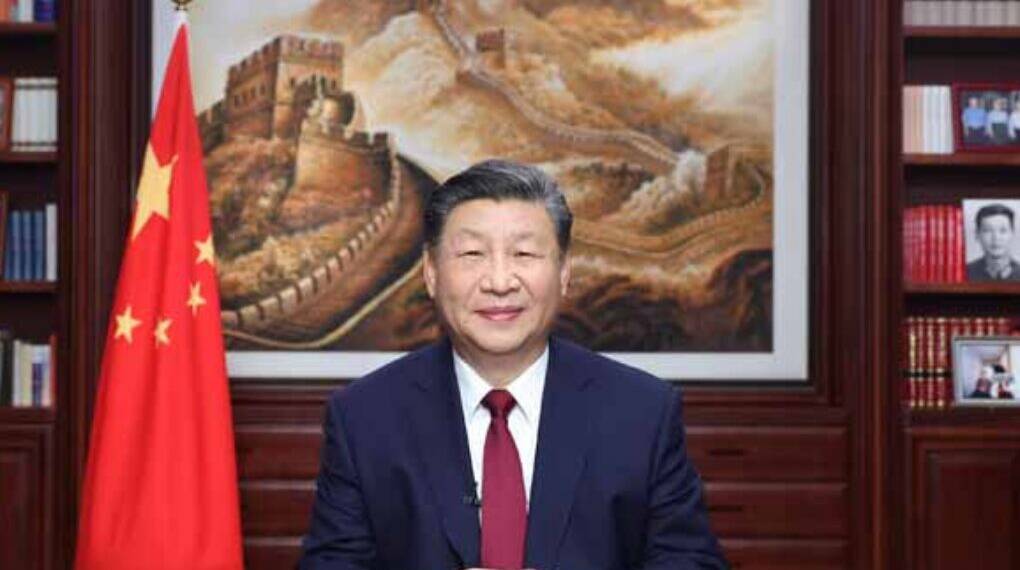The 17th BRICS Summit kicked off in Brazil’s Rio de Janeiro on Sunday, drawing the attention of global media and political watchers. While Indian Prime Minister Narendra Modi and South Africa’s Cyril Ramaphosa were present, two of the bloc’s most powerful leaders—China’s Xi Jinping and Russia’s Vladimir Putin—were conspicuously absent.
For President Xi Jinping, this marks a historic first. Since assuming power in 2012, Xi has never missed a BRICS summit—until now. His absence has fueled a storm of speculation: Is Xi facing internal pressure? Is China preparing for a leadership transition? Or is it a calculated retreat amidst mounting domestic and international challenges?
Xi Jinping’s Absence: A Scheduling Conflict or Something More?
Officially, China’s Foreign Ministry has cited “scheduling conflicts” as the reason for Xi’s no-show. In his place, Premier Li Qiang is representing China at the summit. However, experts argue that the timing and optics of Xi’s absence suggest something more significant.
“Xi’s absence is highly symbolic,” said Gordon Chang, a noted China expert. “There are growing signs that he’s losing control internally, particularly over the military. This summit’s absence could be a symptom of a deeper political shift within China’s Communist Party.”
Also read: Xi Jinping’s Mysterious Two-Week Disappearance Sparks Speculation of Power Shift in China
China is reportedly preparing for a major political meeting later this year. Some analysts believe that Xi is focused on navigating internal unrest and economic turbulence rather than participating in global forums.
Rumors of a Power Struggle
The Chinese President’s retreat from the global stage has been accompanied by unusually subdued state media coverage. Xi, normally omnipresent in Chinese state-run outlets, has made few recent public appearances. His last known meeting with a foreign leader was with Singaporean PM Lawrence Wong on June 24, followed by a meeting with New Zealand’s PM on June 20.
Meanwhile, speculation is mounting online and among policy watchers. The South China Morning Post recently reported that the Communist Party’s 24-member Politburo had convened to review new internal regulations—measures that could signal preparations for a leadership transition.
A China analyst told the paper, “The rules may be set up to regulate the bodies because it’s a key time for power transition.”
The Economic and Strategic Context
Xi’s absence also comes at a time of growing challenges for China. The nation’s industrial profits fell 9.1% year-on-year in May, and a real estate crisis continues to drag down growth. Consumer confidence remains low, and tensions with the United States over trade and technology persist.
Against this backdrop, China might have chosen to dial down its visibility at BRICS to avoid criticism or tough negotiations on contentious issues like Gaza or de-dollarization.
What It Means for BRICS
Xi’s absence, coupled with Putin’s physical absence (he’s participating virtually due to an ICC arrest warrant), raises questions about BRICS’ unity and its global ambitions. With both China and Russia stepping back, the bloc’s momentum toward challenging Western economic and political hegemony appears weakened.
Brazil, as host, has worked to maintain cohesion despite the tensions. But Xi’s absence undoubtedly impacts China’s role in pushing forward initiatives like a BRICS currency and alternative global governance structures.
Putin’s Calculated Absence
Putin’s decision to attend remotely is also strategic. Brazil, a signatory to the International Criminal Court, would be obliged to arrest him on arrival due to an ICC warrant issued in 2023. The warrant charges the Russian leader with war crimes related to the Ukraine conflict. His virtual attendance spares Brazil a diplomatic nightmare while allowing Russia to remain engaged in BRICS affairs.
A Missed Opportunity for China?
By skipping the summit, Xi Jinping also misses a key opportunity to reinforce China’s leadership in the Global South. With de-dollarization, multipolarity, and strategic autonomy on the agenda, China’s absence is more than symbolic—it’s strategic silence during a moment of global realignment.
Whether this move reflects political turbulence at home or a careful recalibration of foreign policy remains to be seen. What is certain is that Xi’s absence has triggered more questions than answers—and the world is watching closely.








